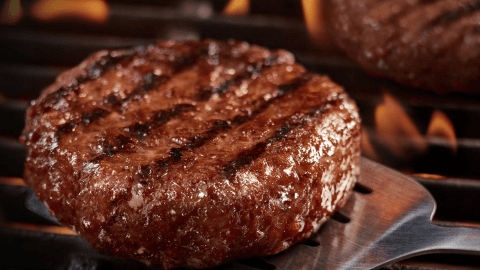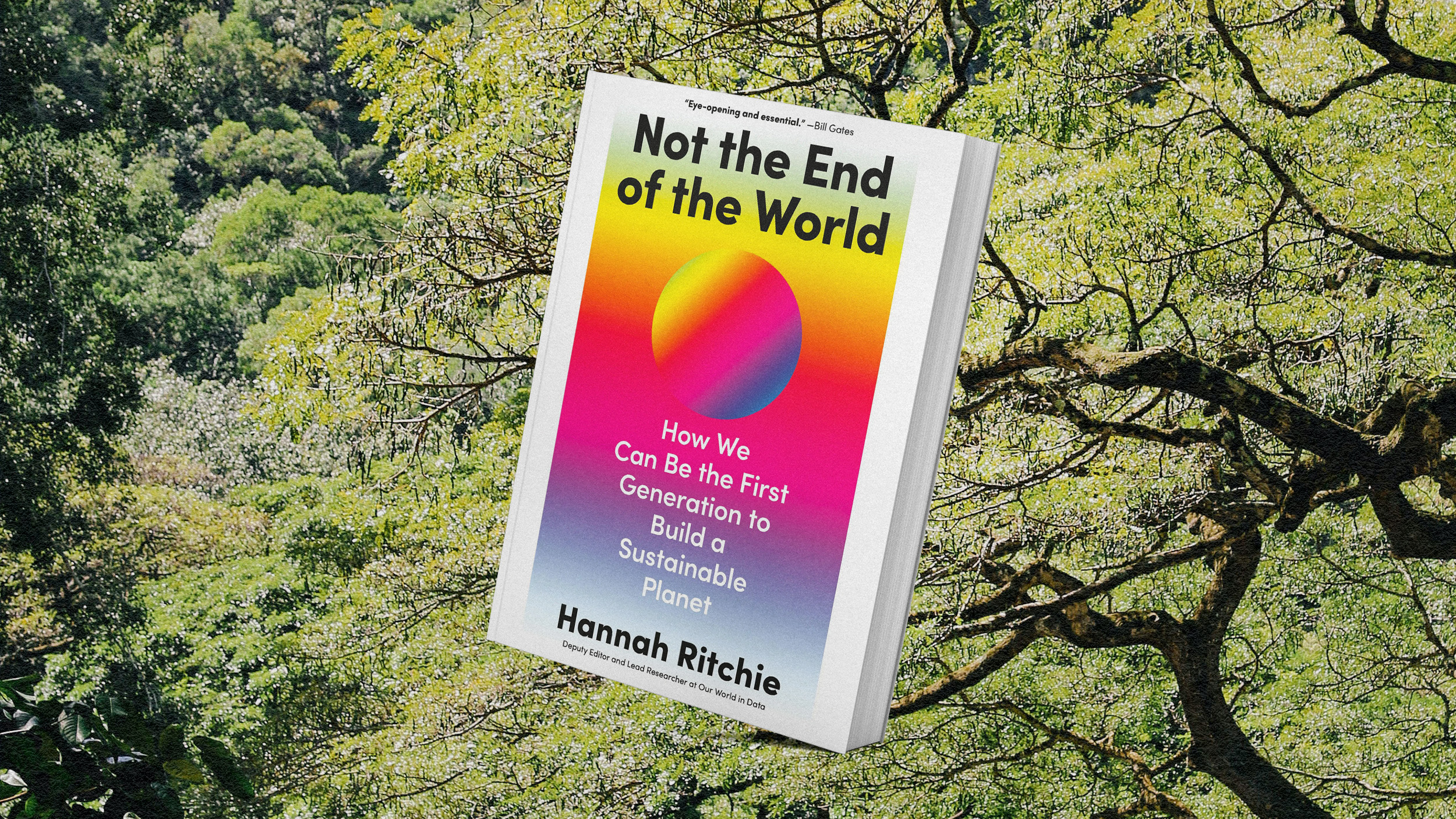Beyond Meats IPO success signals meat alternatives here to stay

Image source: Beyond Meats
- Beyond Meats began trading publicly on Thursday under the ticker BYND.
- Beyond Meats and Impossible Foods are two alternative meat companies that’ve been dominating the space in recent years, with investors such as Bill Gates and Leonardo DiCaprio.
- Alternative meat companies could significantly help the U.S. food industry cut down on environmentally harmful practices, namely the raising of cattle.
Shares of Beyond Meat soared on Thursday as the plant-based food company began trading publicly for the first time. The stock was trading at $68 (as of 2:30 p.m. E.T. Thursday) — more than three times higher than what the company expected.
The takeaway? Meat alternatives are quickly hitting the mainstream, and they’re bringing in big money. Beyond Meat and Impossible Foods are currently the two biggest names in the meat alternative industry. You can find Beyond Meat hamburgers in restaurants such as Carl’s Jr., A&W, Del Taco and T.G.I. Friday’s, while Impossible Foods offers meatless burgers in some 7,000 U.S. restaurants, as well as Burger King, which recently released the Impossible Whopper.
In a market test in St. Louis Burger King restaurants, the Impossible Whopper performed so “exceedingly well” that Burger King wants to offer the vegetarian sandwich nationwide. One problem: Impossible Foods currently doesn’t have enough supply to meet demand.
The company said in a statement that it “recognizes the inconvenience that this shortage is causing and sincerely apologizes to all customers, particularly those who have come to depend on the additional foot traffic and revenue that the Impossible Burger has generated.”
Beyond Meat and Impossible Foods are doing well, to say the least. But with large food suppliers, such as Tyson and Purdue, also developing meatless food products — don’t expect these two names to be the only vendors in the alternative meat space for long.
“There’s a sense that there’s a movement going on that’s much bigger than any one company,” Beyond Meats CEO Ethan Brown told Vox in April.
The environmental effects of the meat alternatives industry
Raising animals for the meat that ends up in our restaurants is an extraordinarily resource-intensive process. Globally, livestock farming accounts for 15 percent of human-caused greenhouse gas emissions. In particular, cattle exact a heavy toll on the environment through the large amounts of food the animals require, the land used to grow that food, and, most importantly, the methane they produce. After all, methane is a greenhouse gas that’s 30 times as potent as carbon dioxide.
Of course, there are many other problems with the U.S. food industry, including, to name a few, the antibiotics given to animals (and the consequent antibiotic resistance they build up), the energy consumed in the maintenance and transport of meat products, and the ethics of killing animals for meat — especially in the context of factory farms.
Meat alternative companies could help the nation cut back on all of these environmental stressors. A 2018 study from the University of Michigan — which, to be sure, was commissioned by Beyond Meat — compared the environmental costs of producing meatless and traditional beef burgers, finding that producing meatless burgers takes:
- 99% less water
- 93% less land
- 90% fewer greenhouse gas emissions
- Nearly 50% less energy





